- Learning time
- 20 minutes
- First play time
- 60 minutes
Pioneer Rails
Designed by: Jeffrey D. Allers,Matthew Dunstan
Pioneer Rails is a game that can play as many players as you like, pretty much, as everyone takes turns at the same time. The goal is to construct the best railroads, by literally drawing them on a map – everyone has their own map sheet – but at the same time, courtesy of the old West setting, you’re trying to build a poker hand!
There are four different maps in the box, but in each game everyone should be using matching map sheets. Play takes place over four rounds, each with five turns. In each turn three cards are revealed, and after the ‘dealer’ has chosen one that only they may use, everyone else selects either one of the remaining two. You don’t physically take the card, but use it in two ways: the rank (10,J,Q,K,A) is one part of your poker hand that will score at the end of the round, and the suit dictates which of your four railway lines you can extend, by drawing three sections of track along the hexagons that make up the map. There are a few rules around where you can draw we won’t delve into here, but suffice to say different parts of the map activate or score in different ways: gold hexes only need one section of track beside them to earn a point, but you can also cash gold in at the bank if you have three track sections around it. Saloons will increase the value of your poker hands, forts score exponentially higher for each new fort (but require a lot of track) ranges want to be separate from each other by track and finally railyards will reward you for having a large network at the end of the game. What’s a network? That brings us to cities.
Each line terminates in a city, but it’s possible to join separate lines together in a network if they both join the same city, so for the determined rail-person there’s rewards to be had here. But cities are good in other ways too, allowing you to ‘break’ the rules once for each city you connect to. You can splinter a track into two lines, cross rivers, tunnel through mountains, take a shortcut across a hex – instead of around it – or even change the suit of a card you’ve chosen, which can be very helpful towards the end of the game.
There are also some bonus cards to be claimed – the first player to do x (eg, claim two banks) gets ten points, and anyone else doing it gets five. When the game comes to a close, most points wins.
Note that rules change slightly on the green forest maps, where you must capture bandits!
The guru's verdict
-
Take That!
Take That!
None to speak of. You can be beaten to the bonus cards but still get the bonus, just 5 points instead of 10. That's about as feisty as it gets.
-
Fidget Factor!
Fidget Factor!
Everyone's turns are simultaneous once the dealer has chosen their card. But it is quite thinky so different people may play at different paces.
-
Brain Burn!
Brain Burn!
There's strategy here but the main brain-burning is how you adapt tactically to the card choices and what opportunities the map affords - or deprives you.
-
Again Again!
Again Again!
Plenty of variety in the box with four different maps and each one with different avenues of exploration.

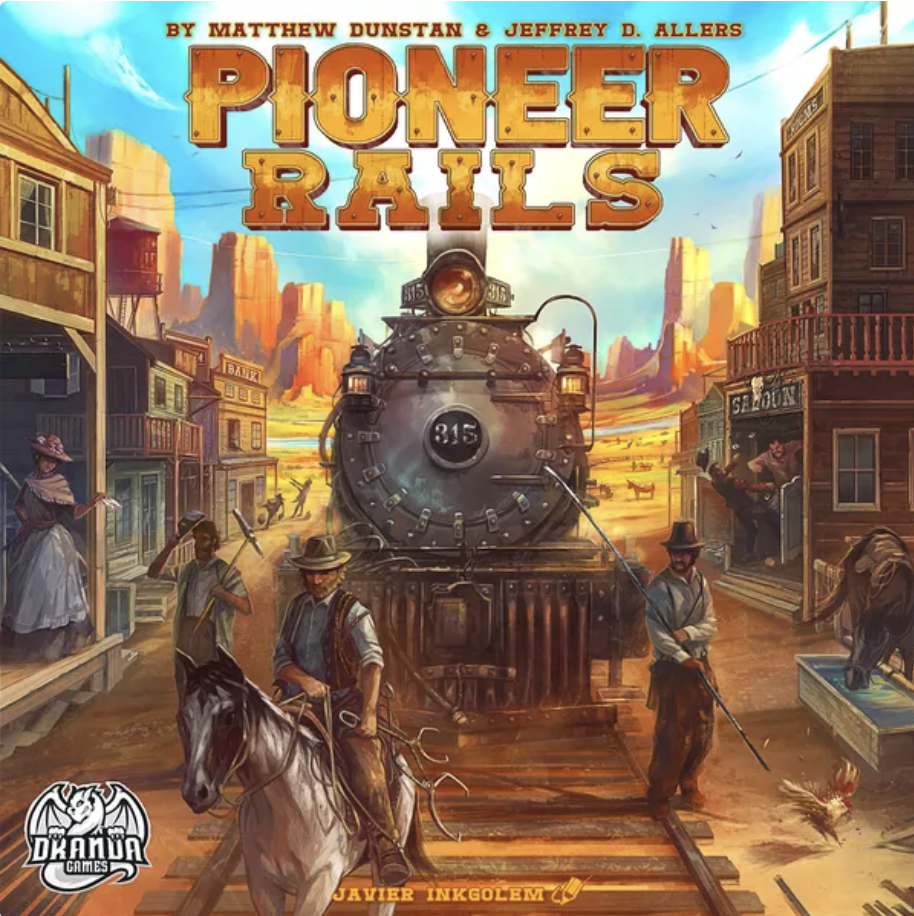
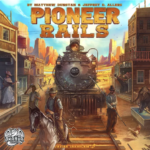
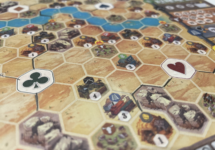
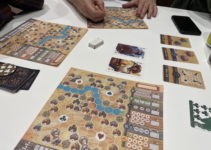
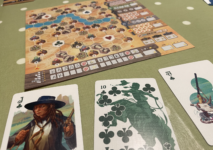
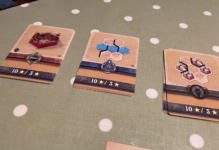


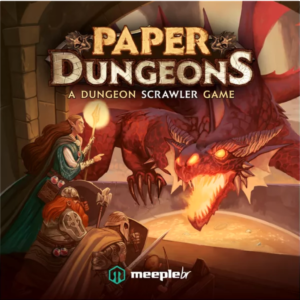
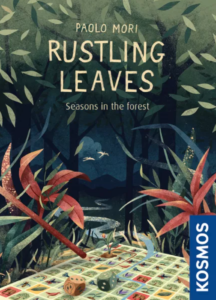

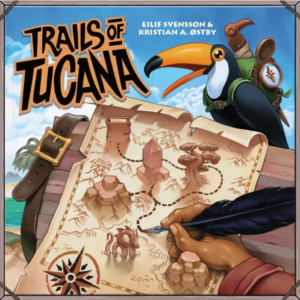
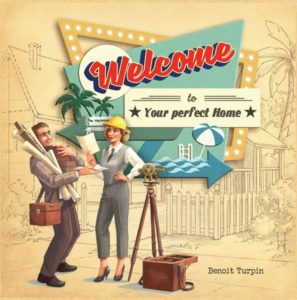
Sam says
A clever x-and-write game (x usually meaning the roll of a die or the flip of a card) where the you're tempted in so many different directions the first play can be quite overwhelming. Focus on forts? Get those saloons for your poker hands? Or start building an impressive network with every railyard you can incorporate? Generally I've found I prefer x-and-write games on the simpler end of the spectrum, taking 10-15 minutes to complete and pregnant with the often-funny drama of options running out or the wrong thing being flipped or rolled. On the whole the more complex they get, the less engaged I am by them... but I have to confess I've enjoyed a number of plays of Pioneer Rails - with the caveat that many of them were the easy-to-learn solo mode. Although the game boasts it can play up to 80, I've no idea why you'd ever have more than four people playing this at the same time - it doesn't offer enough interaction and generally plays in silence. It's a puzzle, really - but a good one.